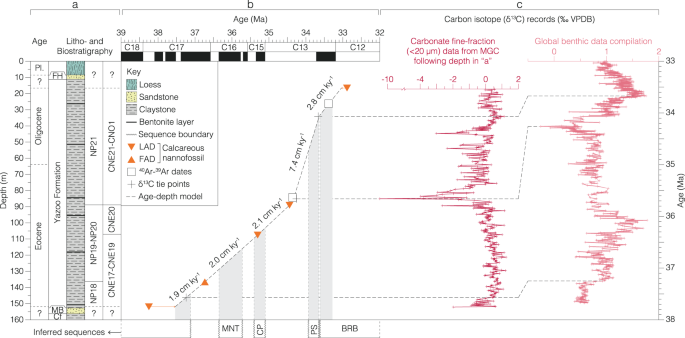2023-08-24 バース大学
 People who are good at experiencing an imaginary scenario get a lot more out of VR.
People who are good at experiencing an imaginary scenario get a lot more out of VR.
◆存在感(VR体験の感じ方)は、物理的存在感、社会的存在感、自己の存在感の3つのサブタイプから成り立っており、これらの発見はVR技術の発展だけでなく、個人の想像力を活用してVRアプリケーションを最適化するために役立つ情報となります。
◆今後、VRはエンターテインメントから職場トレーニング、医療リハビリプログラムまで多くの分野で重要な役割を果たすと予想されており、この研究はその展開に向けた重要な一歩となります。
<関連情報>
- https://www.bath.ac.uk/announcements/suggestible-people-feel-more-present-in-virtual-reality-study-finds/
- https://dl.acm.org/doi/10.1145/3544548.3581212
想像してみよう!想像力豊かな被暗示性はバーチャルリアリティにおけるプレゼンスに影響する Imagine That! Imaginative Suggestibility Affects Presence in Virtual Reality
Crescent Jicol,Christopher Clarke,Emilia Tor,Hiu Lam Yip,Jinha Yoon,Chris Bevan,Hugh Bowden,Elisa Brann,Kirsten Cater,Richard Cole,Quinton Deeley,Esther Eidinow,Eamonn O’Neill,Christof Lutteroth,Michael J Proulx
CHI ’23: Proceedings of the 2023 CHI Conference on Human Factors in Computing Systems April 2023
DOI:https://doi.org/10.1145/3544548.3581212
BSTRACT
Personality characteristics can affect how much presence an individual experiences in virtual reality, and researchers have explored how it may be possible to prime users to increase their sense of presence. A personality characteristic that has yet to be explored in the VR literature is imaginative suggestibility, the ability of an individual to successfully experience an imaginary scenario as if it were real. In this paper, we explore how suggestibility and priming affect presence when consulting an ancient oracle in VR as part of an educational experience – a common VR application. We show for the first time how imaginative suggestibility is a major factor which affects presence and emotions experienced in VR, while priming cues have no effect on participants’ (n=128) user experience, contrasting results from prior work. We consider the impacts of these findings for VR design and provide guidelines based on our results.


